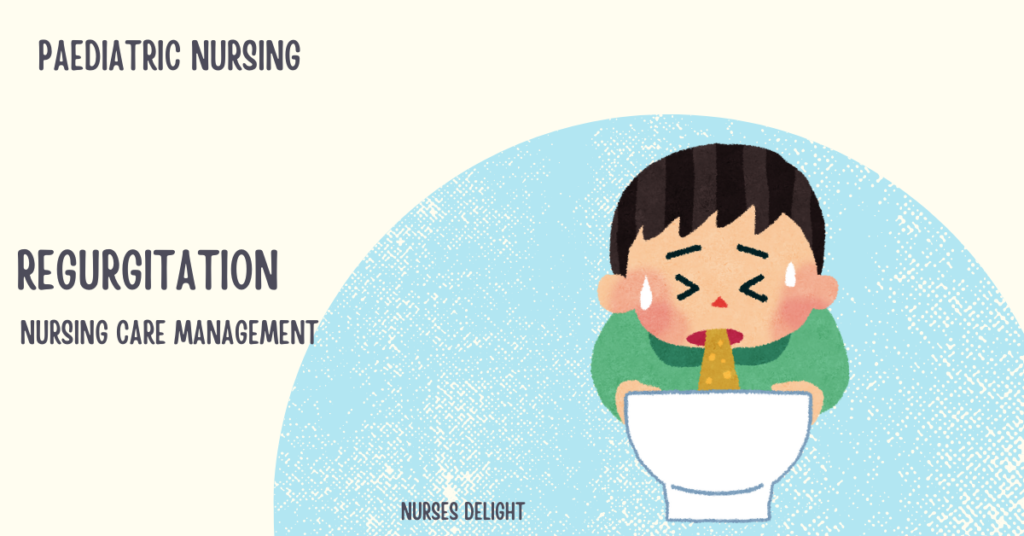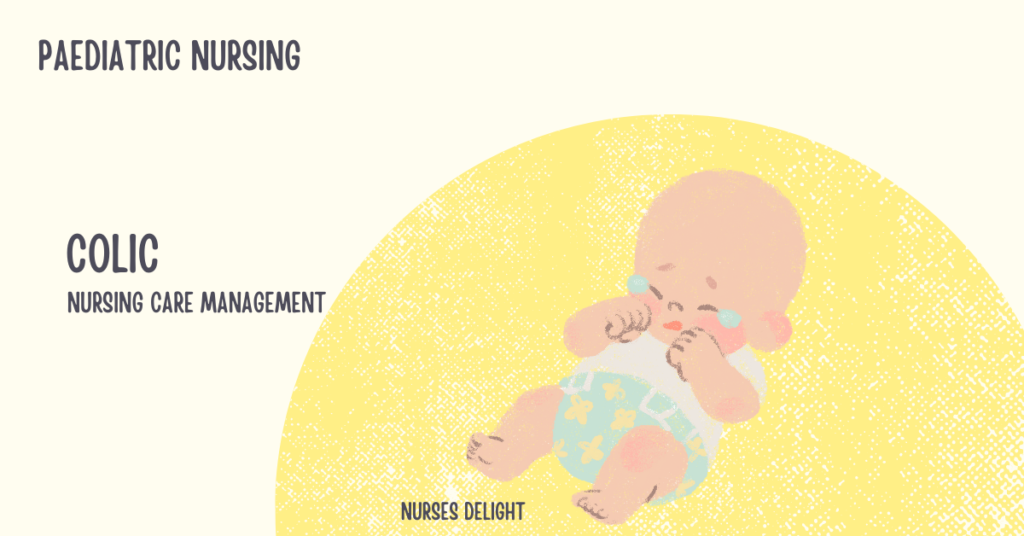Regurgitation, also referred to as spitting up or a wet burp, is considered normal infant behavior. Most infants will spit up at least occasionally.
Causes
- Swallowing air
- Overfeeding
- Gastroesophageal reflux disease
- Pyloric stenosis
Pathophysiology
A wet burp involves either dribbling of undigested liquids from the mouth and esophagus, or the expulsion of those liquids with the force of a burp.
Clinical Manifestations
Spitting up in infancy may be characterized by:
- White, curdled liquid plopping or running out of the corners of the mouth or, occasionally, coming from the nose
- A “burp” of air that sometimes precedes the regurgitation.
The infant with regurgitation may:
- Be fussy during feedings
- Grimace, cry, and pull away from the bottle or breast
- Occasionally refuse to eat.
Diagnostic Tests
Testing can rule out gastroesophageal reflux disease and pyloric stenosis, two common causes of regurgitation in infants.
- pH Probe: This tests for gastroesophageal reflux. Because the pH of the stomach is so acidic (pH of 1 to 3), a probe placed in the esophagus will demonstrate the presence of stomach acid if reflux if present
- If projectile vomiting is reported, pyloric stenosis may be suspected. An ultrasound of the area may demonstrate delayed or slowed stomach emptying, a thickened sphincter, or complete closure of the sphincter. Surgical treatment is necessary.
Complications
Complications of regurgitation are rare but it may include aspiration pneumonia and failure to gain weight.
Nursing Implications
When providing care to an infant with regurgitation:
- Evaluate feeding methods (amount of burping, air in nipple with formula feeding).
- Burp the infant frequently; feed smaller amounts more frequently and don’t overfeed.
- Place or hold infant in an upright position after feeding to help food stay down.
- Reassure caregivers that spitting up may improve with time If an infant is growing well, is generally happy, and isn’t bothered by spitting up, regurgitation can be left to improve with time




This is the right blog for anyone who wants to search out out about this topic. You realize a lot its virtually arduous to argue with you (not that I really would need…HaHa). You positively put a brand new spin on a subject thats been written about for years. Nice stuff, simply great!
Thank you so much